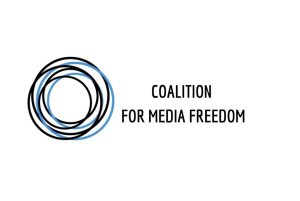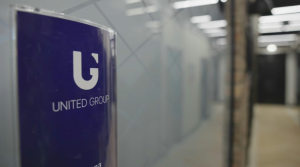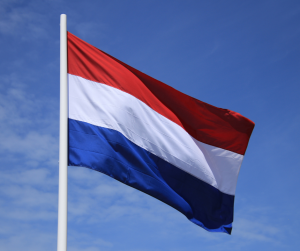Serbia ranks fourth in Europe in terms of the number of attacks on journalists, behind Ukraine, Russia and Turkey, according to the report on media pluralism in Serbia by the European University Institute.
In the report on media Pluralism in Serbia of the European University Institute states that Serbia is the fourth in Europe in the number of attacks on journalists, and as it is added, the political independence of the media in the country is the area of the highest risk because all national broadcasters are under the control of the authorities of entities close to them, reports NUNS.
The report published in June shows that Serbia has a high risk in three out of four key areas: market pluralism (71 percent), political independence (73 percent) and social inclusion (70 percent), while the area of basic protection is in the domain of medium-high risk (60 percent).
It is warned that there are no legal measures that would prevent a conflict of interest between politicians and media owners, and that through the Telekom Srbija company, the state “re-entered media ownership, thereby officially legalizing state-party influence on the media.”
“Politicians and government institutions use public funds as levers of influence: subsidies, budget advertising and public procurement systematically favor media close to the government. At the same time, REM does not supervise equal media treatment in election campaigns, and public services do not ensure fair access to opposition voices. Editorial independence practically does not exist, and mechanisms of protection against political influence are ineffective or ignored,” the report states.
It is added that local authorities “are increasingly bypassing tenders and using public procurement to finance loyal media, while public services remain under firm political control, without stable management and funding”.
Unfavorable working conditions for journalists
The working conditions of journalists in Serbia were assessed as extremely unfavorable, and in addition to the increasing number of SLAPP lawsuits, i.e. the strategy of legal intimidation of critical media, the report also warns that the Serbian police and intelligence services use “advanced spy software to monitor journalists”.
The report states that economic factors are used to limit media diversity.
“Hate speech is formally prohibited, but the law is poorly enforced, especially in the digital space where insults, threats and aggressive communication dominate,” the report says.
Dysfunctional REM
It is estimated that the Regulatory Body for Electronic Media (REM) is “virtually non-functional and rarely imposes sanctions, even on broadcasters who grossly violate the law – such as those who broadcast violent reality shows in prime time or conduct biased reporting during election campaigns”.
In the recommendations for improving media pluralism in Serbia, it is proposed to fully implement new media laws in the spirit of the Media Strategy from 2020, legal protection of journalists and measures against SLAPP lawsuits, reform of REM and transparent appointment of its members, full transparency of media ownership and advertising, harmonization with European regulations, collective contractual regulation of work in the media and more precise regulation of public funding of the media.
Source: 021, Vreme




